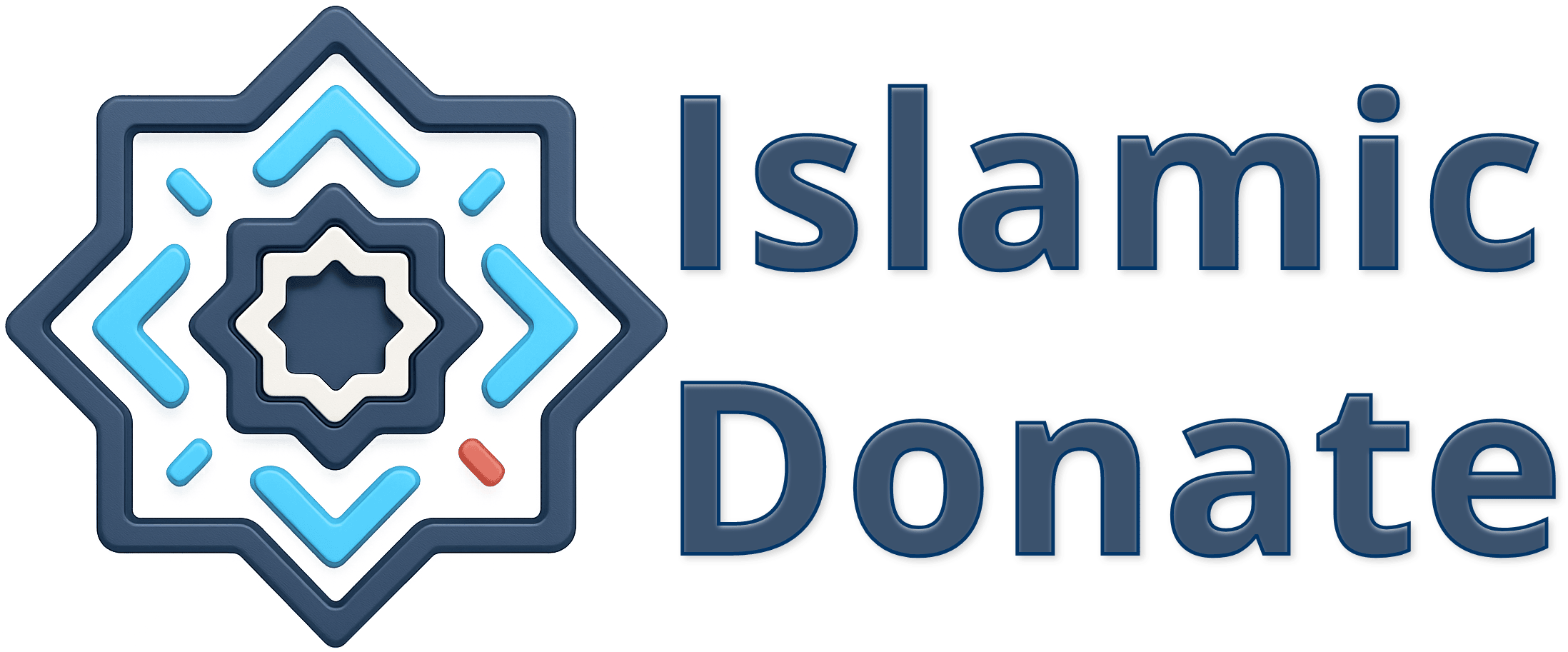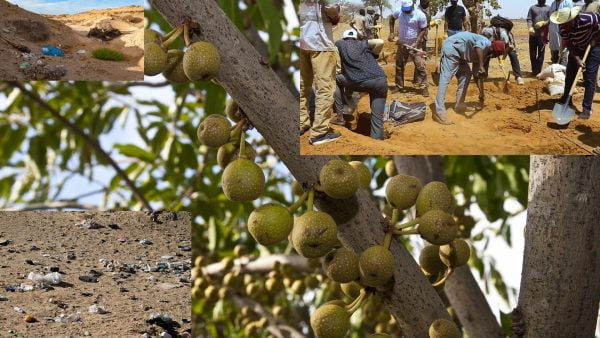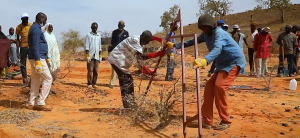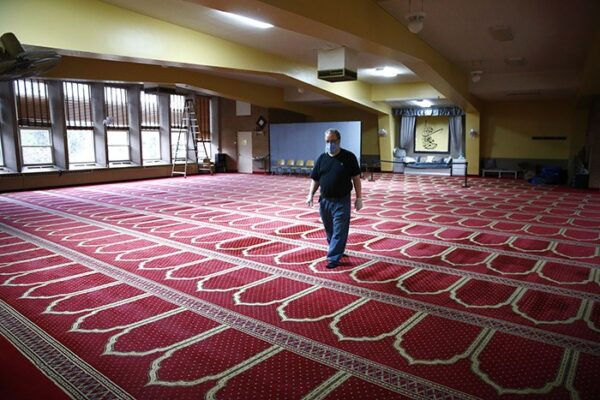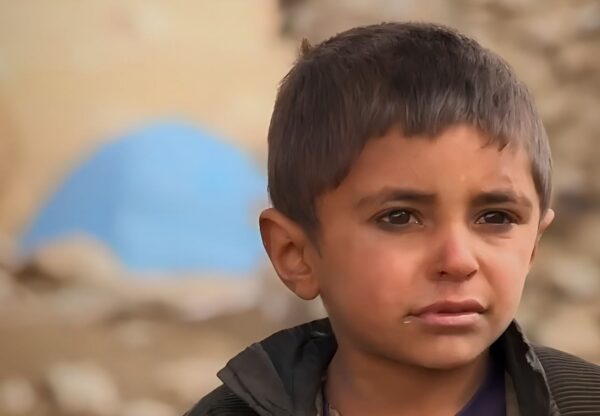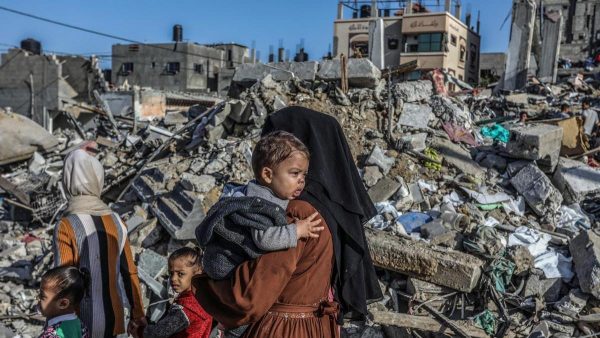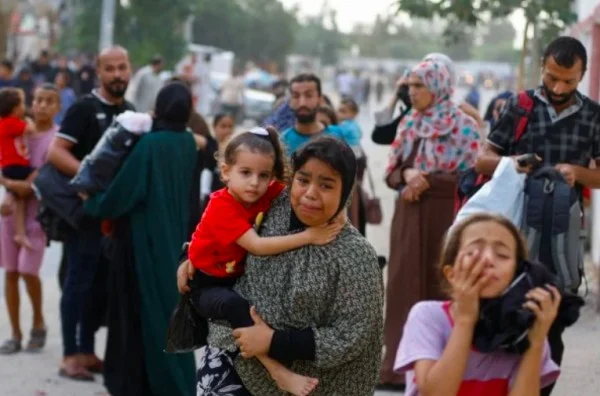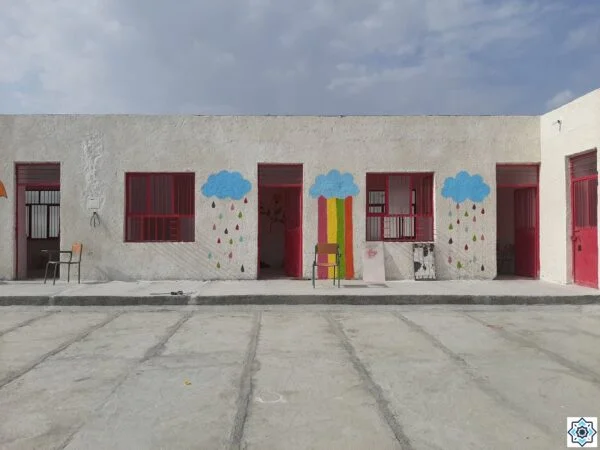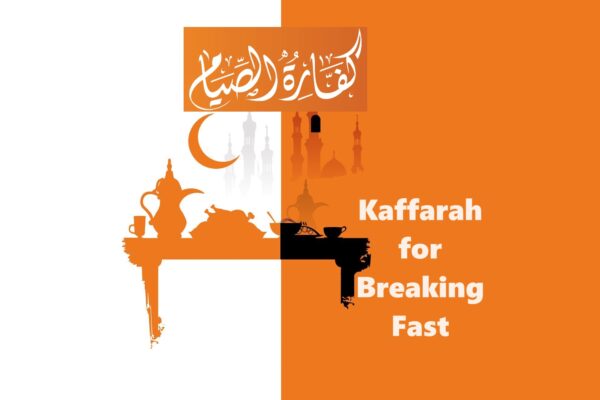Why Is Having Local Trustees Important for an Islamic Charity?
At Our Islamic Charity, trust and confidence are the cornerstone of every step we take. As a multinational Islamic charity, we understand that the true strength of our work lies in those who make it possible—our volunteers, trustees, and, most importantly, you, our supporters. This bond of trust fuels our mission, ensuring every action reflects our values and stays rooted in Islamic principles.
One of the secrets to our success is our emphasis on local trustees. These individuals, handpicked with care and devotion, serve as the eyes and hands of our charity in their communities. Their commitment ensures every activity is targeted, efficient, and impactful.
And today, we are thrilled to share a significant milestone with you: our ongoing efforts to establish local bases in the neighboring countries of Niger and Nigeria are bearing fruit. With Allah’s blessing, we aim to commence impactful charitable activities in these regions before the holy month of Ramadan 2025-1447.
Why Local Trustees Are Key to Our Success
When you donate or volunteer with us, you place immense trust in Our Islamic Charity. You deserve to know that your contributions are being handled with the utmost care and accountability. That’s why we prioritize working with local trustees.
Local trustees understand their communities better than anyone else. They are aware of the challenges and needs unique to their regions. Their supervision ensures every zakat, sadaqah, and donation reaches the people who need it most, in the most effective way.
This approach not only strengthens the impact of your support but also enhances the trustworthiness of our organization. Over the years, this model has proven to be an invaluable asset in regions where our presence has made a lasting difference.
Expanding Into Niger and Nigeria
For several years now, our team has been working tirelessly to establish connections with communities in Niger and Nigeria. These efforts are driven by our desire to provide direct aid to Muslims in these countries.
Through countless meetings, conversations, and outreach efforts, we’ve been able to identify dedicated individuals who will serve as the backbone of our operations in these regions. Their local expertise and passion for service will help us ensure that the upcoming projects in Niger and Nigeria are executed with precision and compassion.
As we approach Ramadan 2025-1447, the excitement within our team is palpable. We can already envision the smiles on the faces of the Fuqara (needy) and the countless blessings that will be shared through your generosity.
The Joy of Preparing for Ramadan
Ramadan is a time of reflection, generosity, and community. For Our Islamic Charity, it is also the busiest and most fulfilling time of the year. With Allah’s guidance, our expansion into Niger and Nigeria will allow us to reach even more families during this sacred month.
Imagine the joy of providing Iftar meals to fasting Muslims, distributing essential supplies, and supporting orphaned children in these regions. Together, we can make this vision a reality.
We are already preparing to launch projects that align with our 100% donation policy, ensuring every satoshi you contribute is spent directly on charitable activities. By partnering with local trustees, we’re confident that our efforts will leave a meaningful and lasting impact on these communities.
Join Us in This Blessed Journey
As we take these steps, we invite you to walk this path with us. Whether through your donations, volunteering, or simply sharing our story, you have the power to bring hope and happiness to those in need. You can follow our videos through YouTube and introduce them to others.
Your contributions are not just acts of charity; they are acts of worship, magnified by the blessings of Allah. Let’s make this Ramadan one of unity, compassion, and boundless rewards. Together, we can uplift our brothers and sisters in Niger, Nigeria, and beyond.
Let us turn this vision into a reality—one heartfelt gesture at a time. May Allah bless you for your generosity and make your support a source of ongoing barakah. Ameen.
Ready to make a difference? Join us as we embark on this incredible journey. With your help, we can spread love, hope, and blessings to those who need it most.

